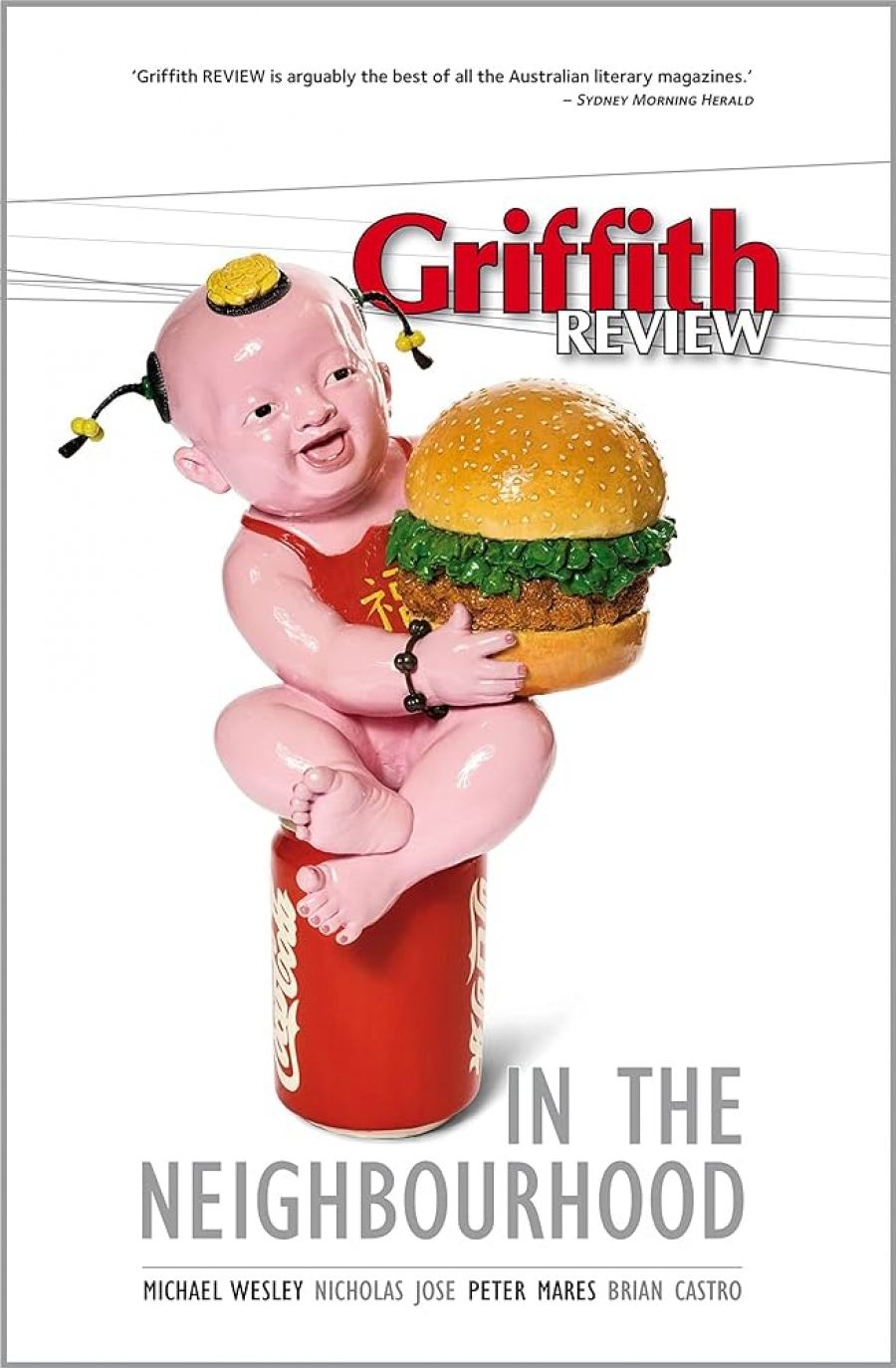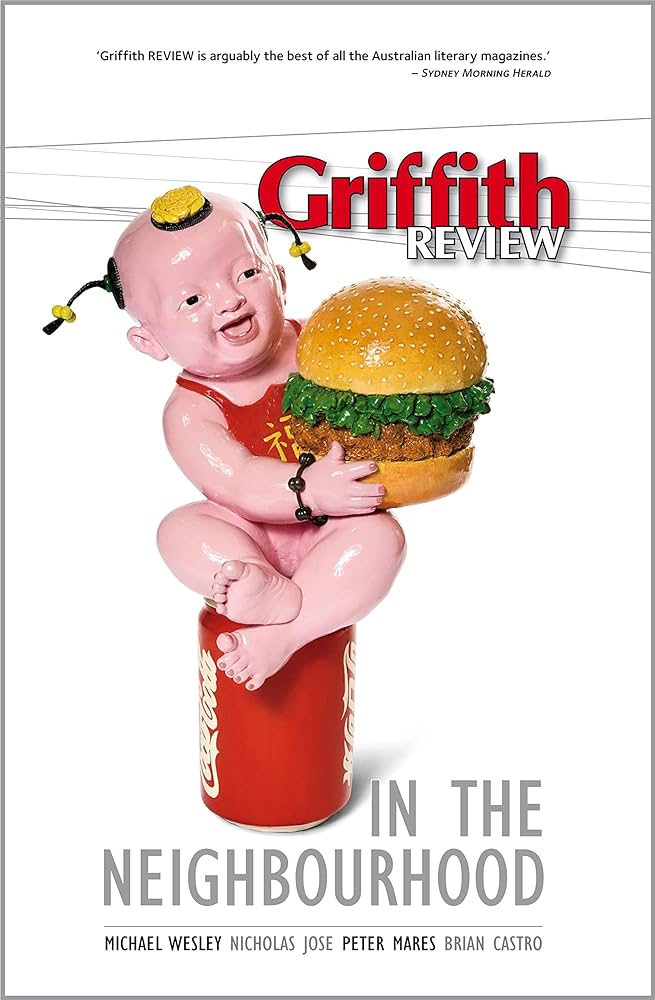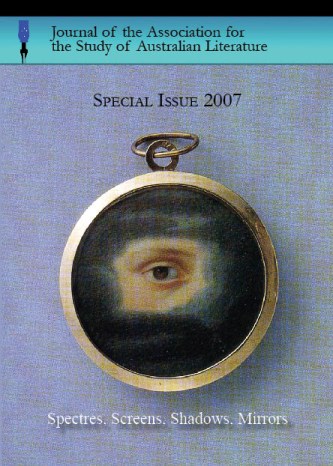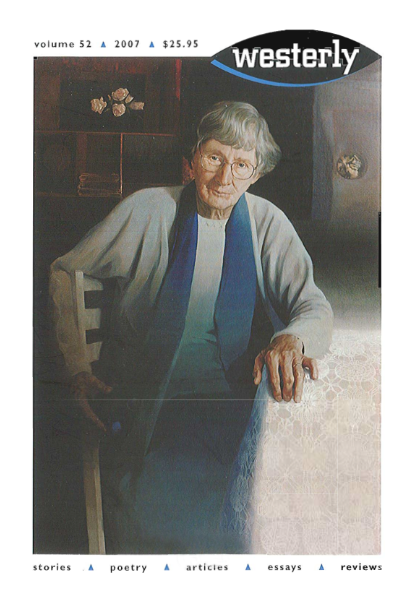
- Free Article: No
- Contents Category: Journals
- Custom Article Title: Three journals
- Review Article: Yes
- Article Title: Three journals
- Online Only: No
- Custom Highlight Text:
'I had fully expected to find Karoline and her family living in difficult circumstances but in their home I am confronted and embarrassed by the extent of their poverty.’ In his stand-out piece of reportage, Peter Mares relates how Karoline and Jone came to Australia from Fiji to pick fruit, pluck chickens and make their families’ lives back home more bearable. They stay illegally, ‘enmeshed in a complex web of opportunity and obligation’. This refugee story details the global reasons for, and effects of, such journeys, as well as the daily hardship of poverty. The shock of reality, the yearning to make a positive difference, the allure of an ‘authentic’ experience, the realisation of its impossibility, and the weary cynicism of disappointment: these themes persist as Australians write about their Asian neighbourhood.
- Book 1 Title: Griffith Review 18
- Book 1 Subtitle: In the neighbourhood
- Book 1 Biblio: ABC Books, Sl9.95 pb, 273 pp
- Book 1 Cover Small (400 x 600):

- Book 1 Cover (800 x 1200):

- Book 2 Title: JASAL 2007 Special Edition
- Book 2 Subtitle: Spectres, screens, shadows, mirrors
- Book 2 Biblio: Journal of the Association for the Study of Australian Literature, $20 pb, 175 pp
- Book 2 Cover Small (400 x 600):

- Book 2 Cover (800 x 1200):

- Book 3 Title: Westerly 52
- Book 3 Biblio: Westerly Centre, $25.95, 228 pp
- Book 3 Cover Small (400 x 600):
- Book 3 Cover (800 x 1200):
This issue is not as consistent as others. There is a recklessness about Ouyang Yu’s ‘Book without Bonking’, for example, in which he explains Chinese cultural sensitivities while being consistently insensitive towards women, the ‘pretty postgraduate’, the ‘ugly wife’, etc.
But Griffith Review 18 looks great. Superbly produced photographs by Tony Davis, entitled ‘Beijing Bikes’, add a dynamic visual dimension. Griffith Review provides what our newspapers rarely seem willing to offer: fresh, insightful, substantial analysis.
This JASAL comes out of the 2006 Association for the Study of Australian Literature conference, in which most papers highlighted some kind of ‘spectre’ in Australian culture. These published papers, thankfully, avoid tokenistic or overly broad references to the concept.
Lyn McCredden takes up the debate on where Australian literary criticism should go from now, given that what she terms ‘rivenness’ – disrupted identities and subjectivities – has become the New Black, so to speak, McCredden’s suggestion that such an emphasis is overly dependent on the past and that it negates new, potentially productive modes of understanding culture, which embrace the possibility of non-indigenous attachment to place, is bold and exciting.
Catherine Padmore’s discussion of Christos Tsiolkas’s Dead Europe (2005) is a clear, well-articulated examination of literary technique in its social context. She considers the greater significance of ghosts in the novel, something reviewers could only note in passing. Yet Tsiolkas’s treatment of Jewish people and culture, which she touches on, is also ripe for more lengthy consideration. Lachlan Brown writes lucidly about Kevin Hart’s poetry, explaining its philosophical background. David Mesher provides a stimulating and readable account of John Scott’s Warra Warra (2003). Margaret Merrilees argues interestingly that the ‘failed’ or doomed quest holds particular significance in Australian culture. Maria Takolander puts her faith in literature, specifically J.M. Coetzee’s novels, to enable more ethical living. Regrettably, her use of terms is, at times, unrigorous and confused.
With an emphasis on textual analysis, JASAL authors enter the haunted house of Australian cultural criticism. Most of them expose one spectre or another, but, given the nature of ghosts, we cannot be sure these particular creatures from the past will disappear forever.
Commemorative essays on Elizabeth Jolley and George Seddon, both of whom died in 2007, open this issue of Westerly. Tim Winton’s account of his relationship with Jolley is refreshingly frank. Brian Dibble on Jolley is tantalising; his biography of her is published this year. Peter Newman and Trevor Hogan’s excellent essay on Seddon, this ‘pioneer of regional environmentalism’, summarises his interests and insights.
What appears to be all the poetry, non-fiction, and fiction sent to Westerly in a year is bundled into three reviews, written by Oz Lit notables. Lyn McCredden and Peter Pierce pull off superhuman feats, saying something meaningful about a cross-section of work, but Anthony Hassall gets bogged down in plot description and before you know it his time is up. There are three distinctly literary articles: Alison Bartlett’s discussion of Rhubarb (2004), an acclaimed novel by Craig Silvey set in Fremantle; Hilary Emmett’s sensitive treatment of Kim Scott’s Benang (1999); and Andrew Taylor’s catalogue of Australian ‘cancer poetry’.
Other articles weave personal story with scholarly analysis. Ross Bolleter explores the cultural and musical significance of the weathered piano. Similarly, George Raitt’s comparison of a Fay Zwicky poem with Gerhard Marcks’s The Caller (1967) would benefit from greater historical contextualisation. Susan Hosking does balance emotion with analysis in her informative, timely discussion of Colebrook Home, a Stolen Generations residence. Stunning fiction by Jennifer Robertson and Richard Lawson has fun being mysterious. I was less impressed by the poetry, but Jean Kent, Syd Harrex and Andrew Slattery distinguish themselves. And Chris Wallace-Crabbe touches interestingly on an AngloAussie fascination: ‘ . . . having anything Scotch at an about you / Can be swanky.’ Gazing intelligently while not exclusively on the west, Westerly seems a precious boom-town anomaly.



Comments powered by CComment